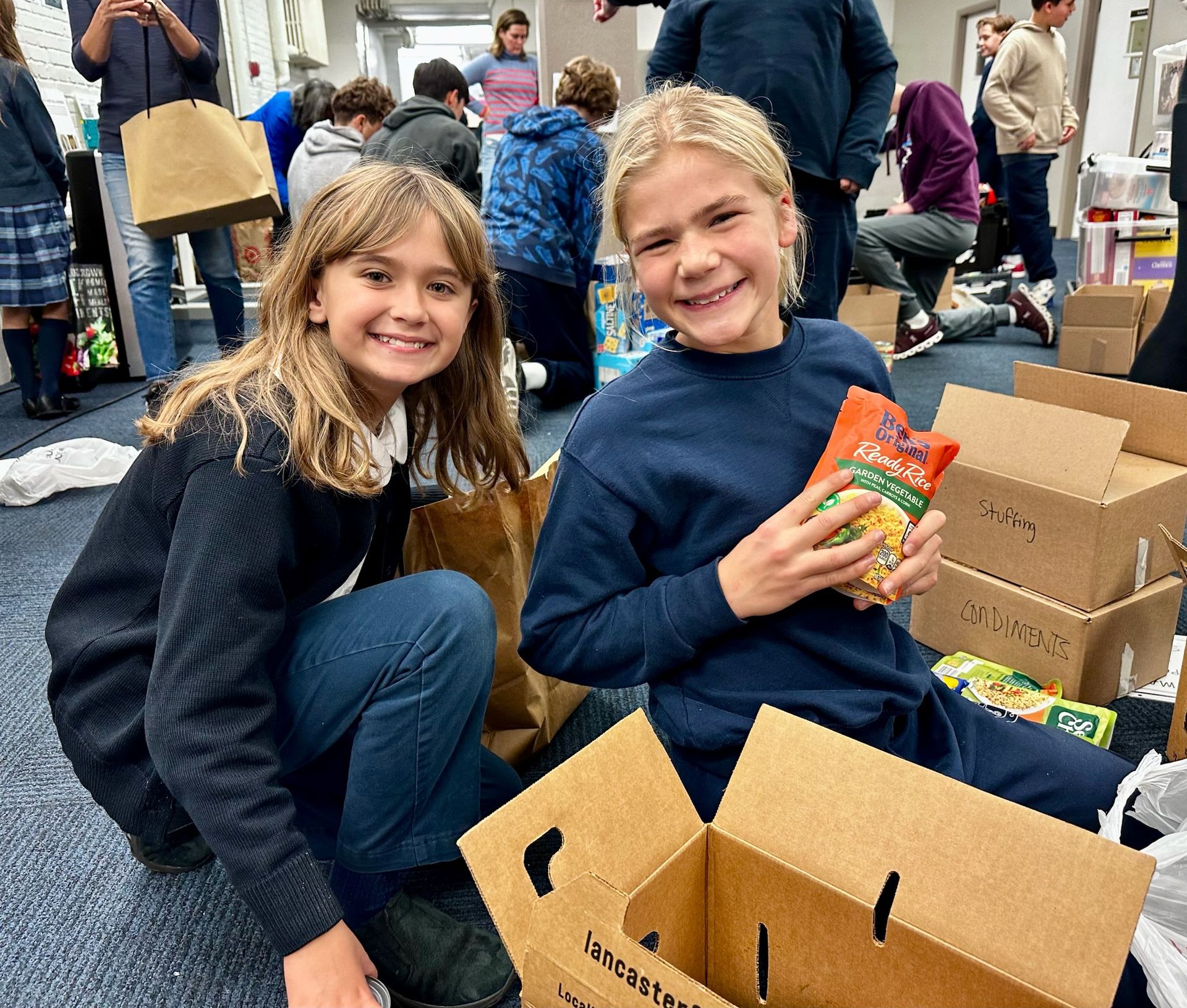Welcome
to Tampa Catholic High School
...a leader in the education of boys and girls in the Edmund Rice tradition. We are a Catholic high school in the Diocese of St. Petersburg dedicated to providing our students with “Veritas et Caritas” (truth and charity) through educational excellence in a Christ-centered environment. For more than 50 years TC has built upon our traditions of Faith, Excellence and Family by offering a superior high school experience to our students. We welcome families of all faiths and diverse backgrounds, and promote a culture of achievement. Our commitment to excellence is also reflected in our continuing efforts to improve our facilities, our technology infrastructure and our iPad program.
We warmly welcome you to spend time exploring our website. Please visit our beautiful 40+ acre campus on the Hillsborough River and learn about all the wonderful things that are happening here at Tampa Catholic!
Recent News










St. Peter School, Capitol Hill
422 Third Street SE
Washington, DC 20003
Phone:
(202) 544-1618
Fax: (202) 547-5101
